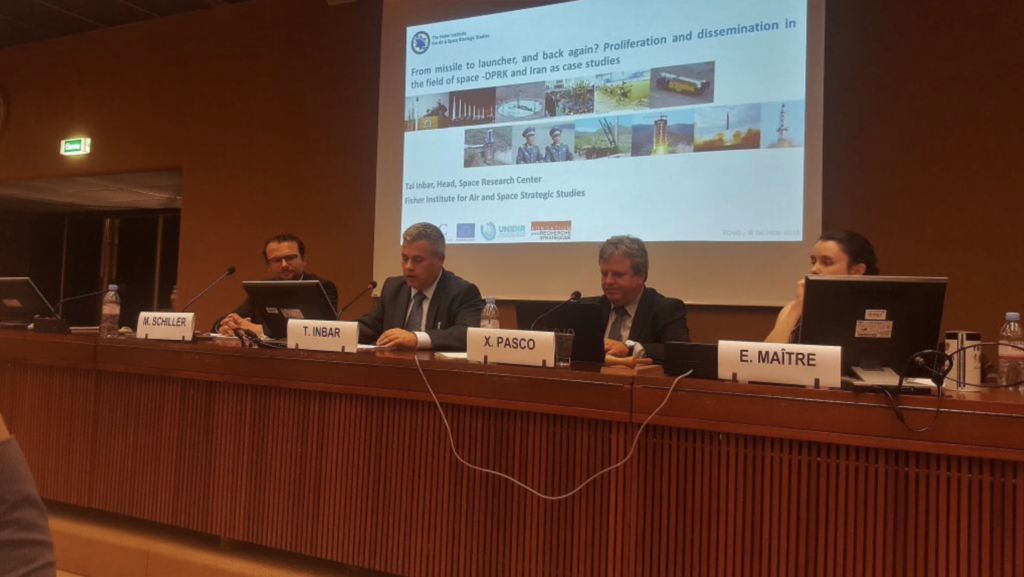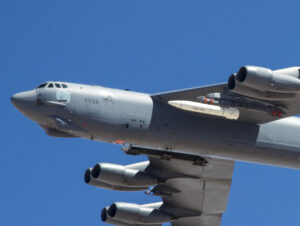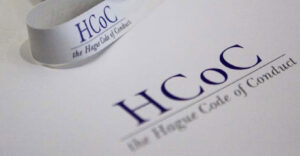Promoting Space Exploration while discouraging missile proliferation: the role of the HCoC
28 May 2018
On 8 May 2018, in cooperation with UNIDIR, the FRS organised a seminar at the Palais des Nations in Geneva on « Promoting Space Exploration while discouraging missile proliferation: the role of the Hague Code of Conduct »
AGENDA
WELCOMING REMARKS
- Dr. Xavier PASCO, Director, FRS
- Dr. Renata DWAN, Director, UNIDIR
- François RIVASSEAU, Special Envoy for Space of the European External Action Service (EEAS)
I/ THE ‘HCoC’: WHAT ROLE IN PROMOTING THE PEACEFUL USE OF SPACE?
MODERATOR
- Ms Emmanuelle MAITRE, Research fellow, FRS
PRESENTERS:
- Amb. Marek SZCZYGIEŁ, Ambassador at large, Security Policy Department, MFA of Poland, HCoC Chair 2017-2018
- Sebastien MORANTA, Coordinator of Studies, European Space Policy Institute (ESPI)
- Dr. Robert GERSCHNER, Head of Immediate Central Contact (Executive Secretariat), Federal Ministry for Europe, Integration and Foreign Affairs of Austria
KEY ISSUES:
- Contribution of the Code to international security, including the field of space
- Being a subscribing state: commitments and benefits
- Day-to-day implementation of the Code
- Impact of the Code on national space development

II/ FROM MISSILE TO LAUNCHER, AND BACK AGAIN? PROLIFERATION & DISSEMINATION IN THE FIELD OF SPACE
MODERATOR:
- Daniel PORRAS, Space Security Fellow, UNIDIR
PRESENTERS:
- Dr. Xavier PASCO, Director, FRS
- Tal INBAR, Head of the Space and UAV Research Center, Israel’s Fisher Institute for Air and Space Strategic Studies
- Dr. Markus SCHILLER, ST Analytics GmbH
KEY ISSUES:
- Theoric and empiric studies of double-use of launcher technologies
- Launchers and Missiles: case studies


